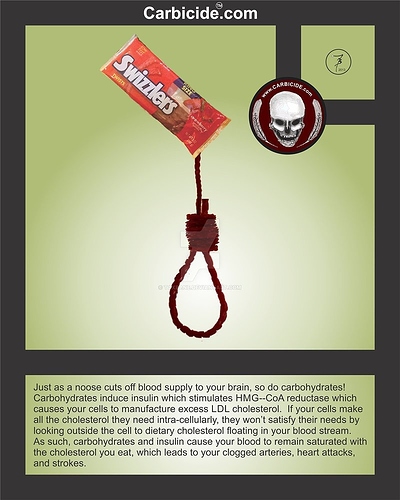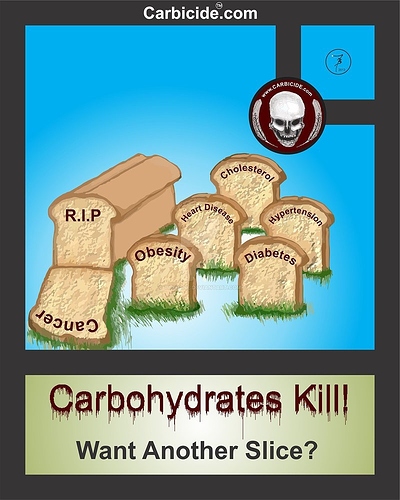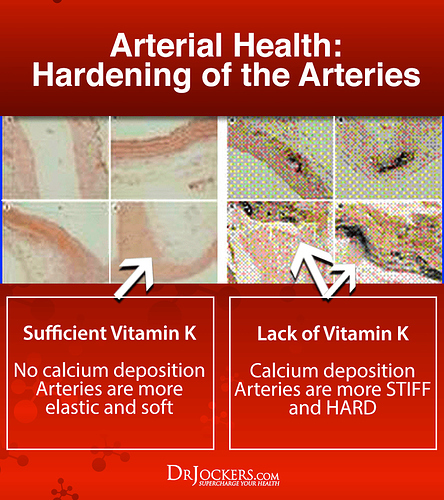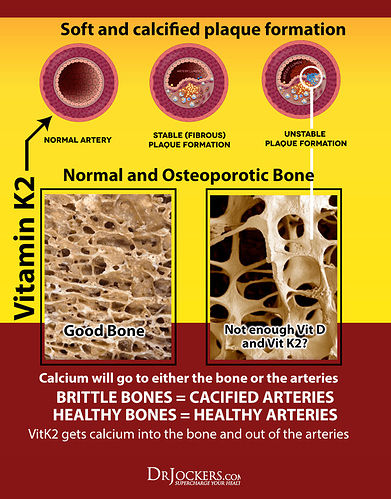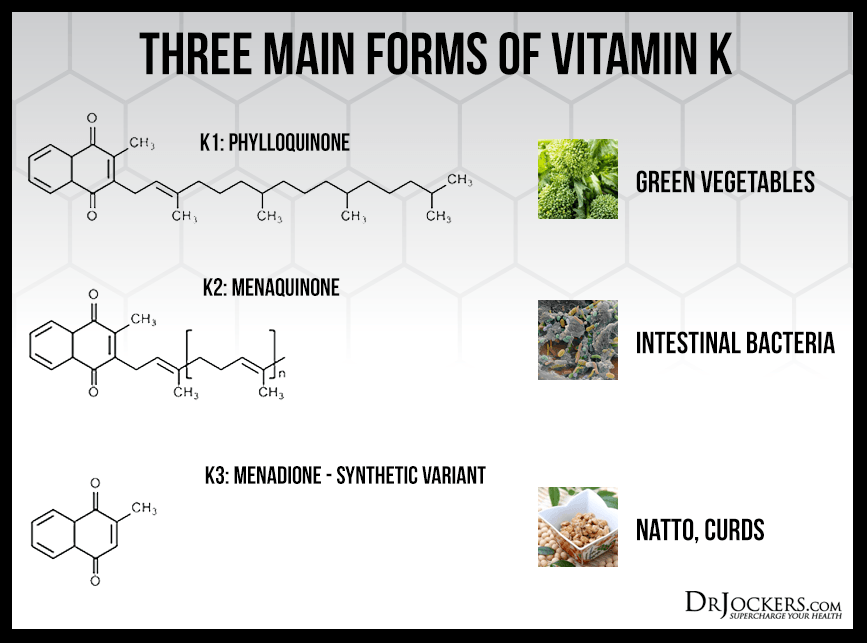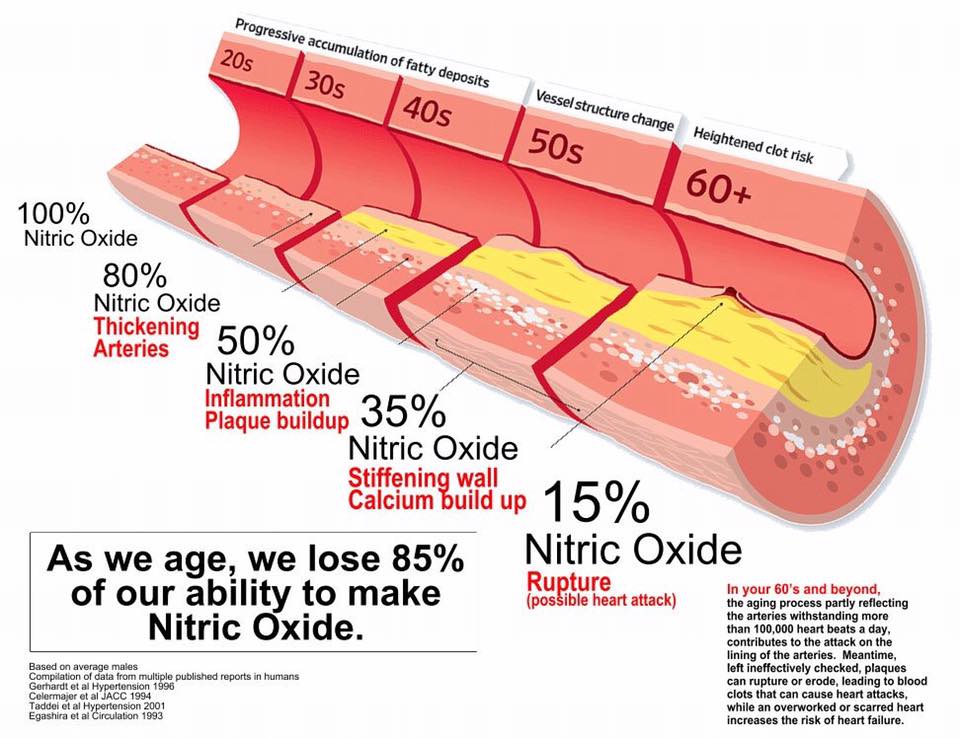Interesting, frying in bacon grease would be even better…lol
My stubborn keto
Definitely! I’ve been trying to eat regular coconut oil, and I also love me some chilled basmati rice fried in coconut oil.
Wonder if you could do this with pinto beans also? Bio-hacking starches…lol
Well… you know what that Chris Masterjohn PhD says about pasta and MCT oil… maybe so!
Beans are way more healthy than modern grain pasta imho. After I lose the last excess belly fat I may investigate 
Not having a degree in biochemistry, that’s more that I can digest, but thank you.
But anyway, how about cholesterol? A lot of the keto friendly choices are cholesterol unfriendly. You can’t rely on avocados only. Two eggs have more cholesterol that what’s considered healthy.
It is exactly the opposite we don’t get enough cholesterol, when you eat too much sugar that’s the problem.
Funny how people blame the cholesterol when sugar is the one that causes the problem and what the real cause of CVD and CHD really is etc…
Simply cutting the sugar down as much as possible allows the body to properly put the calcium back into your teeth and bones where it belongs (adequate vitamin K & D; sunlight) and prevent rips and tears in the arterial walls by eating enough calcium and citric acid; lemon water.
If you want to reduce your risk of cardiovascular disease simply cut down the sugar intake not the cholesterol intake?
Even if you don’t eat cholesterol your body is going to make it any way, so if you keep eating high amounts of carbs/sugar you will get the same result: CARDIOVASCULAR DISEASE!
Cholesterol Basics 101 by Dave Feldman & Dr. Berg
- Cholesterol is required by almost every cellin our bodies. It is so vital we are able to manufacture it. Cholesterol is predominantly made by your liver. Cholesterol is so vital we manufacture the bulk of the body’s requirements.
- Cholesterol is the structure which is the base of all our sex hormones, bile acid and Vitamin D is made from. Cholesterol maintains cell walls, allows cellular communication and transportation of substances.
- Cholesterol is a poor predictor of heart disease. Half of those with heart disease have ‘normal’ cholesterol levels. Half of those with ‘high’ cholesterol levels have healthy hearts. Most heart attack victims have cholesterol within the “NORMAL” range.
- Super-sticky ‘ultra-bad’ cholesterol revealed in people at high risk of heart disease: “…They found that MGmin-LDL is created by the addition of sugar groups to ‘normal’ LDL – a process called glycation – making LDL smaller and denser. By changing its shape, the sugar groups expose new regions on the surface of the LDL. These exposed regions are more likely to stick to artery walls, helping to build fatty plaques. As fatty plaques grow they narrow arteries – reducing blood flow – and they can eventually rupture, triggering a blood clot that causes a heart attack or stroke . …”
- “…MGP binds calcium and protects blood vessels from calcification, but only when activated and that requires adequate intakes of vitamin K2. By inhibiting vitamin K2 synthesis in the body, statins may actually accelerate coronary artery calcification, according to researchers. …” …More
- Tissue-specific effects of statins on the expression of heme oxygenase-1 in vivo: “… Heme oxygenase-1 (HO-1) plays a central role in antioxidant and anti-inflammatory actions, which may be mediated through its formation of biliverdin/bilirubin and carbon monoxide. HMG-CoA reductase inhibitors (statins) induce in vitro HO-1 expression and are reported to have pleiotropic benefits that reduce oxidative stress in the vasculature. …”
- “…Statins have been found to reduce the amount of naturally occurring coenzyme Q10 in the body. Because coenzyme Q10 plays a role in muscle cell energy production, some researchers have proposed that taking a coenzyme Q10 supplement might reduce the risk of muscle-related side effects. …” - Mayo Clinic
Wow, thanks, I need time to go through all that info.
Anyway this indeed is news for me, but apparently not for many others as I just googled the subject and saw plenty of articles stating that sugar may be a contributor to high cholesterol. But lacking knowledge in the field I can only relate to experiences I know. I always liked sweets, I never stayed away from good chocolate and always settled for the sweet one, not the high cocoa content. My daily instant coffee used to have 2 teaspoons of sugar and 3 during weekend as I said I deserve a treat. My cholesterol levels were always great (the good was high and the bad was low). Heart related problems unknown (yet). Slim all my life. Lately (2-3 years) I started to be bothered by what I call belly fat, but my wife says I’m paranoid. Anyway that’s the reason I decided to go on keto. Speaking of wife, she’s not overweight, her cholesterol is bad, she’s not into sweets, likes fat meats and chicken thigh with skin.
It might be a matter of genes too. My father used to pour sugar on food, even in his wine, but didn’t have trouble with diabetes.
And now Dr. Sears comes to mind. He’s the promoter of the Zone diet. According to him a healthy diet means:
30% cals from fat
40% cals from carbs (that’s roughly 200g carbs for a 2000 cals daily level)
30% cals from protein
When you’re not a specialist all these people tell you seems right. But they often contradict each other so they can’t all be right.
That last graphic, about nitric oxide, is interesting, but I wonder about the interpretation of the underlying data. I would suspect that the loss of ability to make NO is the effect of chronically elevated insulin, because NO is the principal regulator of blood pressure, and BP goes down again, once insulin levels are lowered on a ketogenic diet. I wonder if anyone has actually researched the effect of keto on NO.
I wonder that to, what is interesting is Zinc and also Arginine which is found in dairy and meat, stimulates through the enzymatic production of endothelial (NOS3) of nitric oxide which creates a gas in the blood stream called nitrogenous acid. It also has a ‘biochemical components that enhance the metabolism of fats and increases the secretion of HGH[1]’.
It is a blood vessel dilator but why do we start losing it as we age, could it possibly attributed to Zinc deficiencies or the ability to absorb Zinc? Being that Zinc is a vital nutrient also responsible for the creation of stomach acid or hydrochloric acid of the endothelial cells in the stomach lining?
Maybe a high sugar diet suppresses the absorption rate of Zinc and maybe Arginine?
Notes
[2] How does nitric oxide affect the blood vessels? Also, in blood vessels nitric oxide is released as a paracrine that relaxes smooth muscle cells. This leads to the dilation of blood vessels. This allows the blood vessel to dilate, allowing greater blood flow. …More
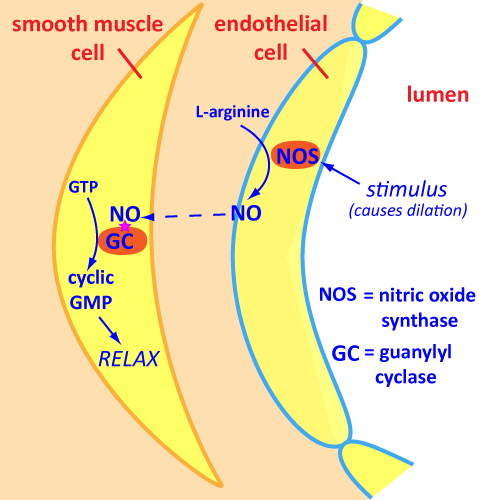
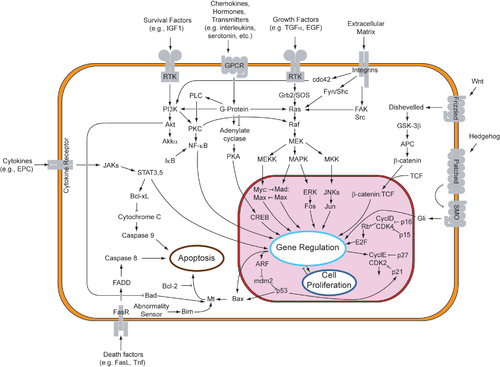
[3] “…In this episode we continue to look at the StrateGene report, this time focusing on the genes for endothelial nitric oxide synthase. Impairments in this enzyme can increase your risk of asthma or high blood pressure. If you have either of these conditions and impairments in the enzyme, then you may benefit from strategies aimed at increasing nitric oxide production. Ensuring adequate zinc and arginine are part of the strategy because they support the enzyme, but you also should consider strategies that get around the enzyme, such as foods and supplements that generate nitric oxide enzymatically. …” …More
[4] Endothelial NOS (eNOS): also known as nitric oxide synthase 3 (NOS3) or constitutive NOS (cNOS), is an enzyme that in humans is encoded by the NOS3 gene located in the 7q35-7q36 region of chromosome 7. Therefore, a functional eNOS is essential for a healthy cardiovascular system. …More
Don’t focus so much on the calories. Focus on fats and proteins. Have salmon if you want and add some butter or a nice cheesy sauce on top.

